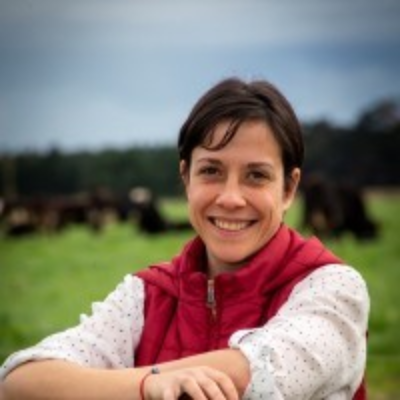Building Trust in Science and Technology
Trust and optimism in scientific advancements are essential for their successful adoption and implementation. Leaps…

To answer this question Invetus’ Dr Shirli Notcovich explains why enhancing animal health is a collaborative endeavour.
Under the One Health concept, the interdependence of human health, animal health, and the environment is undeniable. Enhanced animal health (AH) not only aligns with the needs of a growing human and pet population, but also addresses issues like meeting the demand for safe and nutritious animal protein, reducing emissions, averting zoonotic threats, and improving the livelihoods of the 1.3 billion people dependent on livestock. This symbiotic relationship extends to sectors such as human pharmaceuticals, medical devices, and the alternative food industries, all of which still rely on animals for product development. Therefore, the AH sector is positioned to be a catalyst for positive change globally.

Animal health industry in New Zealand
New Zealand boasts a robust history in the AH industry. Employing 1100-2000 people directly and generating around $430 million in revenue, these may seem like modest figures. However, the AH impact is substantial when considering their role in supporting the dairy, sheep and beef, pig, and poultry industries, collectively contributing billions of dollars to the New Zealand economy. Hence, the real value of investing in AH is higher.
In the face of the current global situation, such as instability and uncertainty, trade issues, and stricter animal welfare regulations in other countries, New Zealand’s AH sector presents a unique opportunity.
Why in New Zealand and not somewhere else?
New Zealand’s AH sector offers many advantages including:
How can we do better?
Despite these advantages, there are areas where we can enhance our position in the global AH landscape. Overcoming the mindset of being too small for significant achievements is crucial. A higher level of trust in our own industry is essential.
Not every neighbour has greener pastures. The industry requires more investment, both from the government and international investors, alongside strengthened collaboration between public and private institutions. Regulatory bodies should streamline processes, offer clear guidelines, and provide more support to expedite timelines.
By addressing these aspects, New Zealand can meet its own needs and also contribute significantly to global advancements in animal and human health. Ongoing discussions and debates are vital for finding practical solutions and ensuring the sustainable growth of the AH industry in New Zealand.
Join further conversation with Dr Shirli Notcovich on Day Two of the Life Sciences Summit for Future-proofing Aotearoa’s animal health innovation system.
Would you like to know more? Join us at our Life Sciences Summit 2024 – True science, real change, 11-12 March in Wellington. Register now.

NZ Business Unit Leader- Research Manager, Invetus
Trust and optimism in scientific advancements are essential for their successful adoption and implementation. Leaps…
NASA astronaut and renowned scientist Dr. Kate Rubins will open Day Two of the Summit…
We’re delighted to start the year with a bang by announcing an incredible international keynote…
© 2023, BioTech New Zealand Association.
All rights reserved.